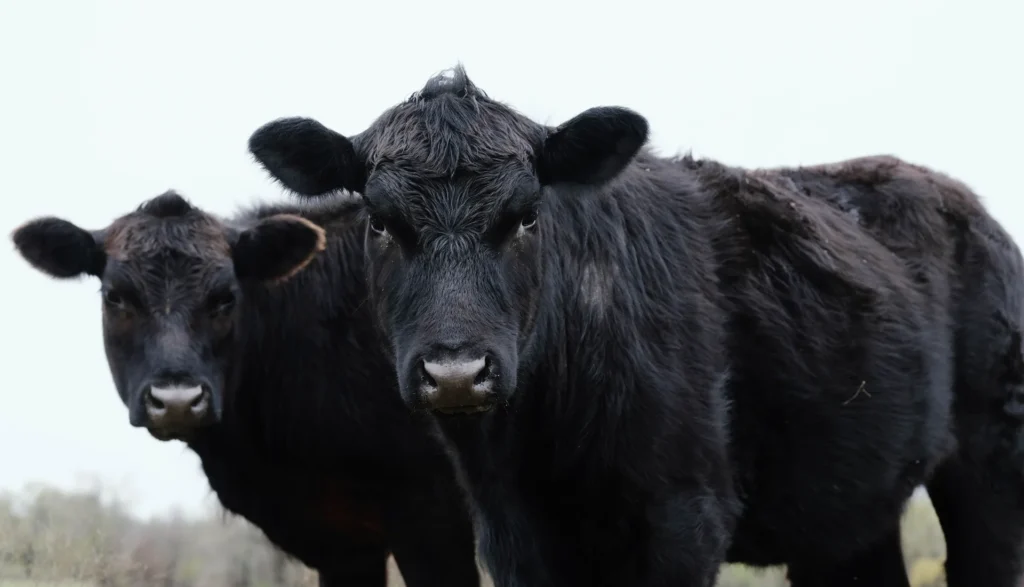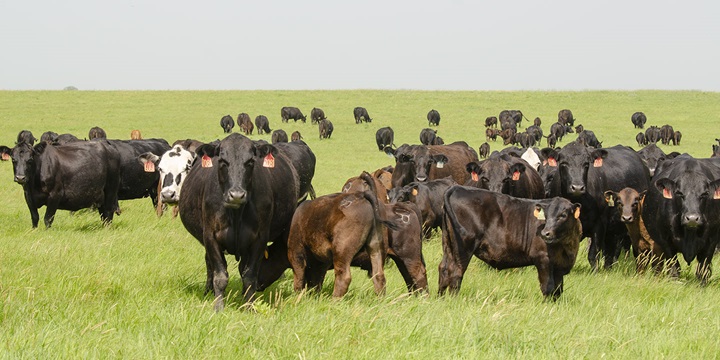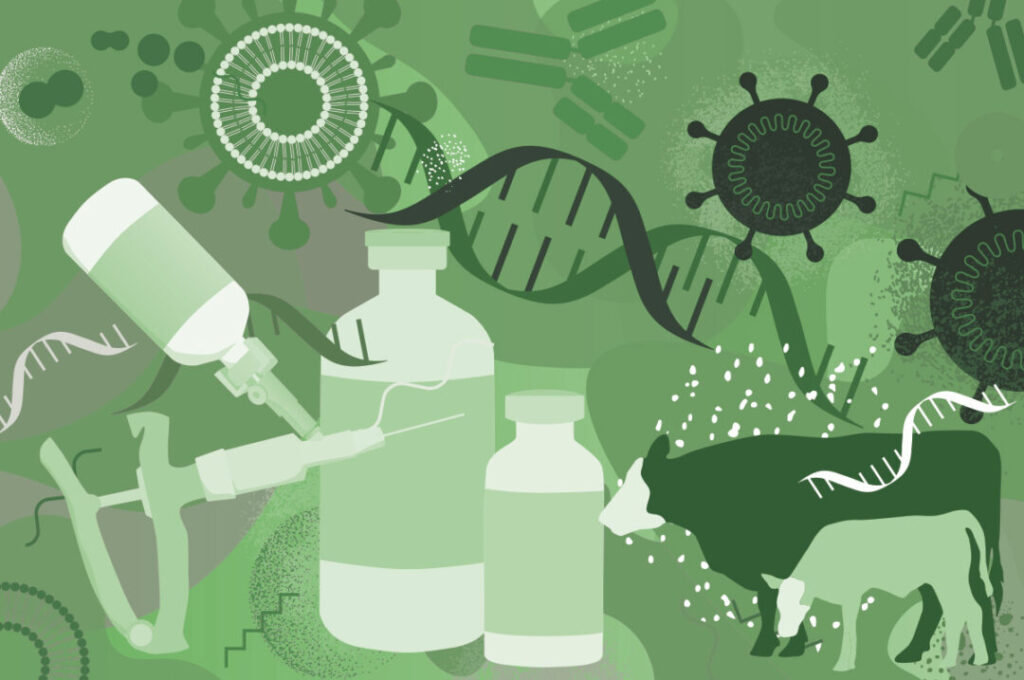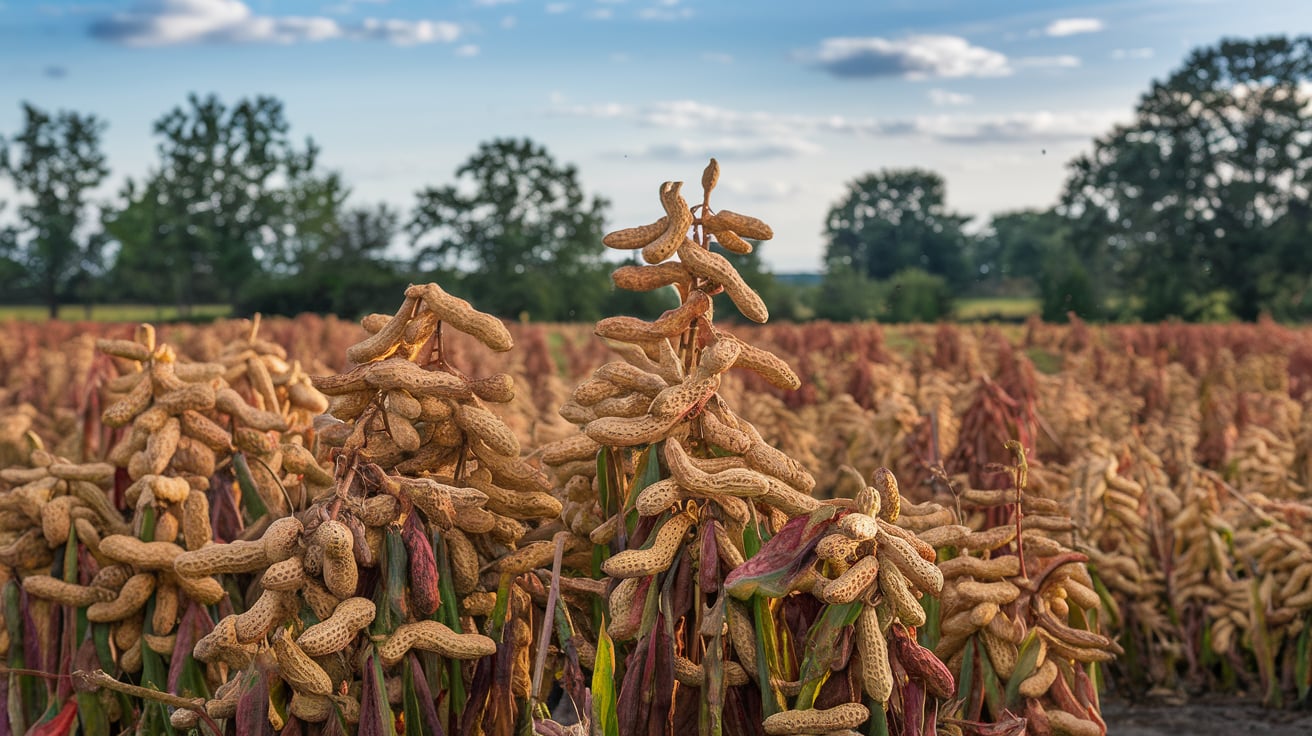What Is The Economical Importance For Angus?
April 6, 2025 | by samayyashafique8@gmail.com

Angus cattle, originally from Scotland, have taken the beef industry by storm—especially in the United States. If you’ve ever wondered what the economic importance of Angus is, you’re not alone. Whether you’re a rancher, a meat lover, or just curious, this guide explains why Angus cattle are considered the golden standard in the beef industry and how they drive economic success in America.
Let’s explore the heart of the cattle economy—one black-coated cow at a time.
The Rise of Angus Cattle in the U.S.

Why Angus? A Brief Background
Angus cattle, specifically Black Angus, were imported to the U.S. in the 1870s and quickly adapted to American ranching conditions. Their hardiness, easy temperament, and marbling ability made them a favorite.
Today, the American Angus Association is one of the largest breed organizations in the world, boasting millions of registered animals. The breed’s popularity is not just tradition—it’s economics.
Key Economic Contributions of Angus Cattle

High-Quality Beef Equals Higher Prices
One of the strongest economic advantages of Angus cattle is the quality of beef they produce.
Here’s why consumers (and retailers) pay more for Angus beef:
- Superior marbling (fat interspersed in the muscle)
- Tender, juicy texture
- Rich flavor
Because of these qualities, beef from Angus cattle often qualifies for Certified Angus Beef (CAB), which sells at a premium. This means ranchers can earn higher returns per animal, making it a win-win for the entire supply chain—from farm to fork.
💡 Fun fact: More than 100 million pounds of Certified Angus Beef are sold annually in the U.S. alone.
Genetic Traits That Save Money and Time
Angus cattle are prized for their efficient genetics. They’re low-maintenance, fast-growing, and highly fertile. These traits reduce operational costs and increase the value of herds.
Key Angus traits that boost economic performance:
- Calving ease: Less stress and fewer complications
- Feed efficiency: Grow faster on less feed
- Adaptability: Thrives in diverse climates
Because of this, feedlot owners and breeders often prefer Angus over other breeds—less input, more output.
Crossbreeding Power
Angus cattle aren’t just good on their own. Their genes are like the spice that makes other breeds better.
In crossbreeding programs, Angus bulls are commonly used to improve:
- Carcass quality
- Meat tenderness
- Growth rates
This leads to increased productivity across the board, making them a vital tool in herd improvement. In fact, Angus-influenced hybrids often dominate markets and meat grading charts.
Strong Market Demand
In the U.S., consumers recognize the “Angus” label. It’s almost synonymous with “better beef.”
This demand creates a stable, reliable market for producers. Retailers and restaurants heavily advertise Angus beef, increasing visibility and desirability.
📈 According to USDA reports, CAB-branded beef often earns 20-30% more per pound than standard beef.
This marketing edge provides security for producers who can count on strong returns, especially in volatile market conditions.
Boosting Local Economies
Angus operations—ranches, feedlots, processing plants—contribute billions to local economies through:
- Employment
- Transportation
- Feed and supply purchases
- Taxes
From rural jobs to export earnings, Angus cattle form the backbone of agricultural economic activity in states like Texas, Nebraska, and Kansas.
Angus vs. Other Breeds – Feed Efficiency Comparison
Angus Cattle and the Global Beef Market
Although our focus is on the U.S., it’s worth noting that Angus cattle also hold international economic influence.
For example:
- In Australia, Angus beef is a major export to Asia.
- In the UK, Angus cattle contributed to over 17% of beef production in 2018.
These global connections add export power to U.S. Angus beef, strengthening the national economy and trade.
The Future of Angus: Technology Meets Tradition

Data-Driven Breeding
Modern Angus breeders use advanced tools like:
- DNA testing
- Genomic-enhanced EPDs (Expected Progeny Differences)
These tools help ranchers select top-performing animals, improving herd profitability faster and more accurately.
Sustainable Grazing and Climate Adaptation
With a growing emphasis on sustainability, Angus cattle are being bred and managed to:
- Use less water
- Improve soil health
- Reduce methane emissions
Sustainable Angus operations are not only environmentally friendly—they’re also more profitable in the long run, thanks to increasing consumer preference for responsibly raised meat.
Personal Experience: My Visit to an Angus Ranch
Last summer, I visited a friend’s Angus ranch in Oklahoma. Watching the calves run freely on grassy pastures, I saw firsthand why ranchers love this breed. They were calm, healthy, and—according to my friend—less trouble than other cattle.
He shared how switching to mostly Angus increased his profits by over 25% in three years. Less feed, fewer health issues, and better beef quality all played a part.
Seeing it up close made me appreciate not just the economics but also the relationship between humans and animals in agriculture.
Tips for Ranchers Starting with Angus Cattle
Here are a few tips if you’re considering entering the Angus game:
- Start with registered stock from a reputable breeder.
- Join the American Angus Association for tools and support.
- Focus on quality feed and health programs to maximize beef quality.
- Consider genomic testing to improve your herd efficiently.
- Look into marketing programs like Certified Angus Beef to boost earnings.
READ MORE: What Is The Of Cheviot Sheep Economic Inventory? Analysis!
FAQs
Why is Angus beef more expensive?
Angus beef costs more due to its superior marbling, tenderness, and flavor, which leads to higher consumer demand and premium pricing.
How do Angus cattle benefit ranchers economically?
Angus cattle provide high returns through efficient feed conversion, easy calving, strong genetics, and access to premium markets like Certified Angus Beef.
What is Certified Angus Beef?
Certified Angus Beef is a branded beef program that guarantees high-quality standards, including marbling, tenderness, and flavor. It boosts profit margins for producers.
Is Angus beef more sustainable?
Yes. With selective breeding and efficient resource use, Angus cattle can reduce environmental impact while maintaining productivity.
Conclusion: Angus Cattle—A Valuable Asset to the U.S. Economy
So, what is the economic importance for Angus? In a nutshell—everything.
From premium beef to sustainable farming, Angus cattle are more than just livestock. They’re economic engines, providing value at every level of the food chain. For American farmers, ranchers, retailers, and consumers, Angus beef is a name they can trust—and profit from.
👉 Like what you learned? Share this article with your fellow beef lovers or ranchers!
📬 Subscribe to our newsletter for more insights on U.S. agriculture, beef trends, and ranching success stories!
RELATED POSTS
View all


